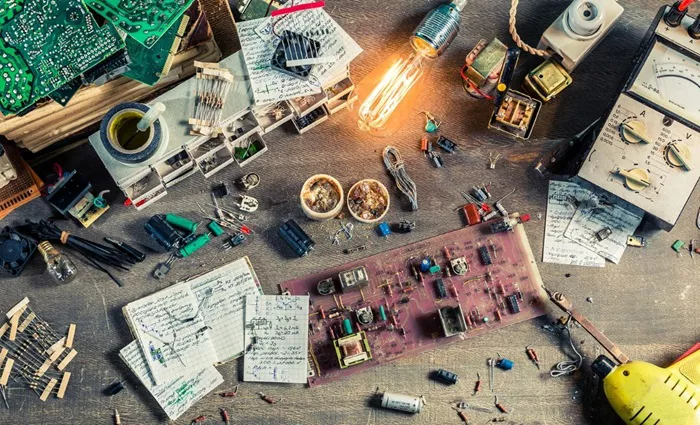Vodacom South Africa has joined forces with Circular Energy, a non-profit organization, to address the growing issue of electronic waste (e-waste). The partnership aims to prevent e-waste from ending up in landfills and promote recycling and recovery efforts.
With the demand for new technology rising, e-waste has become one of the fastest-growing waste streams globally. In a statement, Takalani Netshitenzhe, Vodacom’s director of external affairs, highlighted that e-waste is the company’s second-largest environmental challenge. “Encouraging circularity is key to our purpose, which includes empowering people while protecting the planet,” he said.
The collaboration will create a comprehensive system to responsibly collect, recycle, and reuse e-waste across Vodacom’s operations, contributing to a sustainable future for future generations.
South Africa is one of the largest producers of e-waste in Africa, generating 530 million kilograms annually, according to the UN’s Global E-Waste Monitor. This amount is roughly equivalent to 8 kilometers of e-waste per person. Both Vodacom and Circular Energy emphasized that discarded e-waste poses serious environmental risks, including pollution and health hazards.
Vodacom is committed to shifting from a linear consumption model—where products are used and then discarded—to a circular economy. This model focuses on minimizing resource use and waste by extending the life cycle of products. By working with Circular Energy’s takeback program, Vodacom ensures the responsible handling of e-waste, batteries, lighting equipment, and packaging.
Patricia Schröder, CEO of Circular Energy, stated, “Adopting circular models focuses on waste reduction and resource conservation, while creating economic opportunities.” She added that the partnership would not only reduce environmental impact but also offer significant economic and skills development benefits within the value chain.
Vodacom’s initiative to tackle e-waste is part of its broader circularity efforts, which are particularly focused on electronic devices and electrical equipment. Last year, Vodacom successfully recycled over 1,273 tons of network equipment.
The partnership aims to establish waste collection systems and recycling infrastructure that divert waste from landfills, while also promoting South Africa’s green economy. This initiative is expected to generate new opportunities for jobs, income, and green entrepreneurship in the recycling sector.
Netshitenzhe encouraged consumers to play an active role in promoting a circular economy. Vodacom’s RedLovesGreen program allows customers to repair, reuse, and recycle their devices. The company also offers a home collection scheme through Circular Energy. Additionally, customers are encouraged to buy refurbished phones, trade in old devices, and opt for longer contracts to extend the lifespan of their gadgets.
“By doing our part today, we can ensure a healthier, more prosperous planet for tomorrow,” Netshitenzhe concluded.
Related Topics
- Caramoan Island Barangay Maintains Power During Storm
- Tamil Nadu Plans 25 GW Wind Power By 2030 To Address Shortages
- Diesel Generator Market Set For Significant Revenue Growth By 2031

